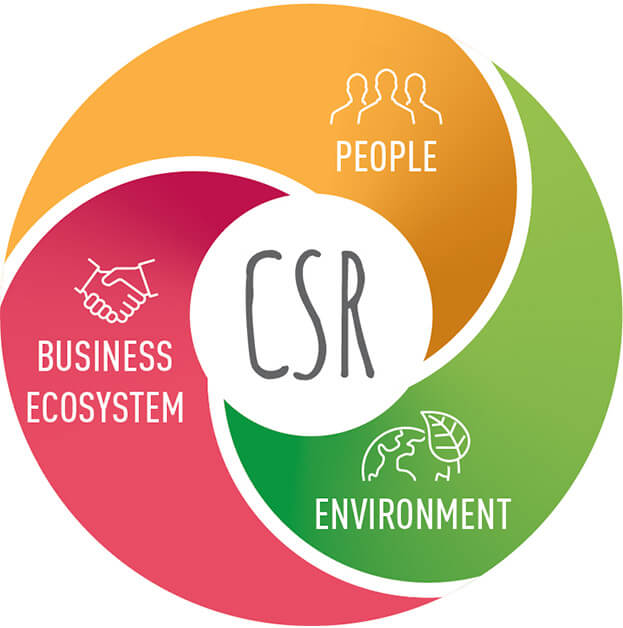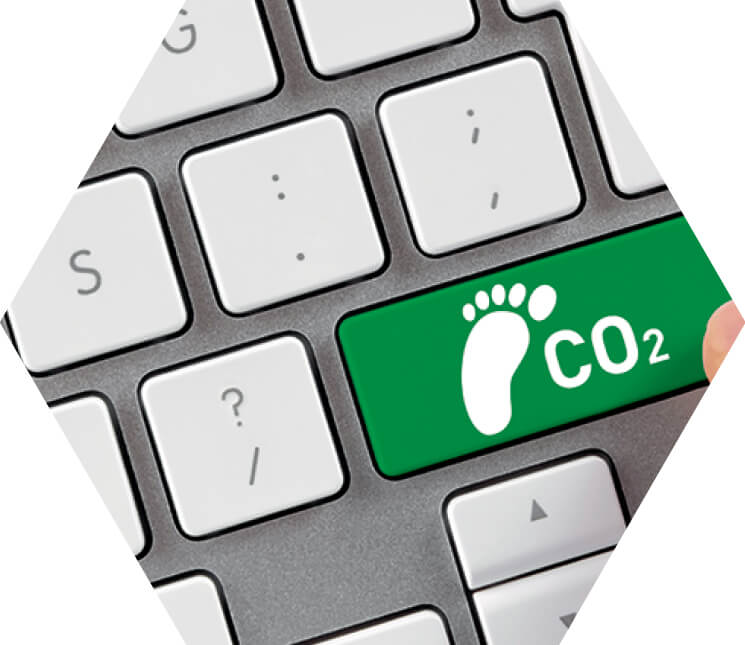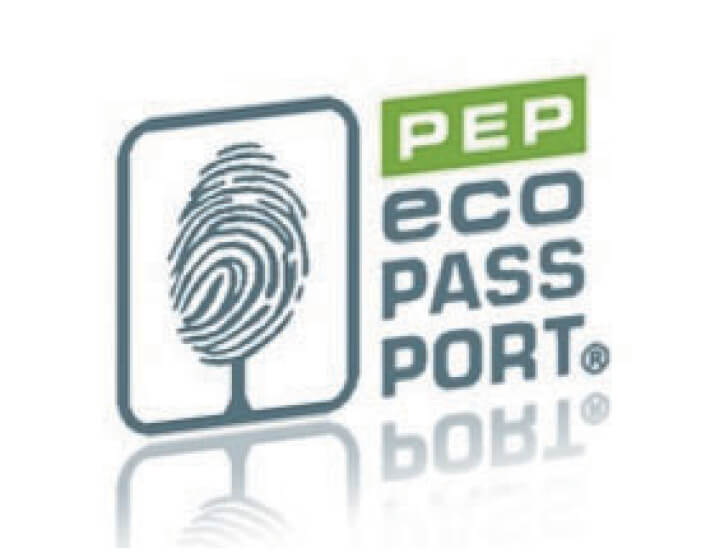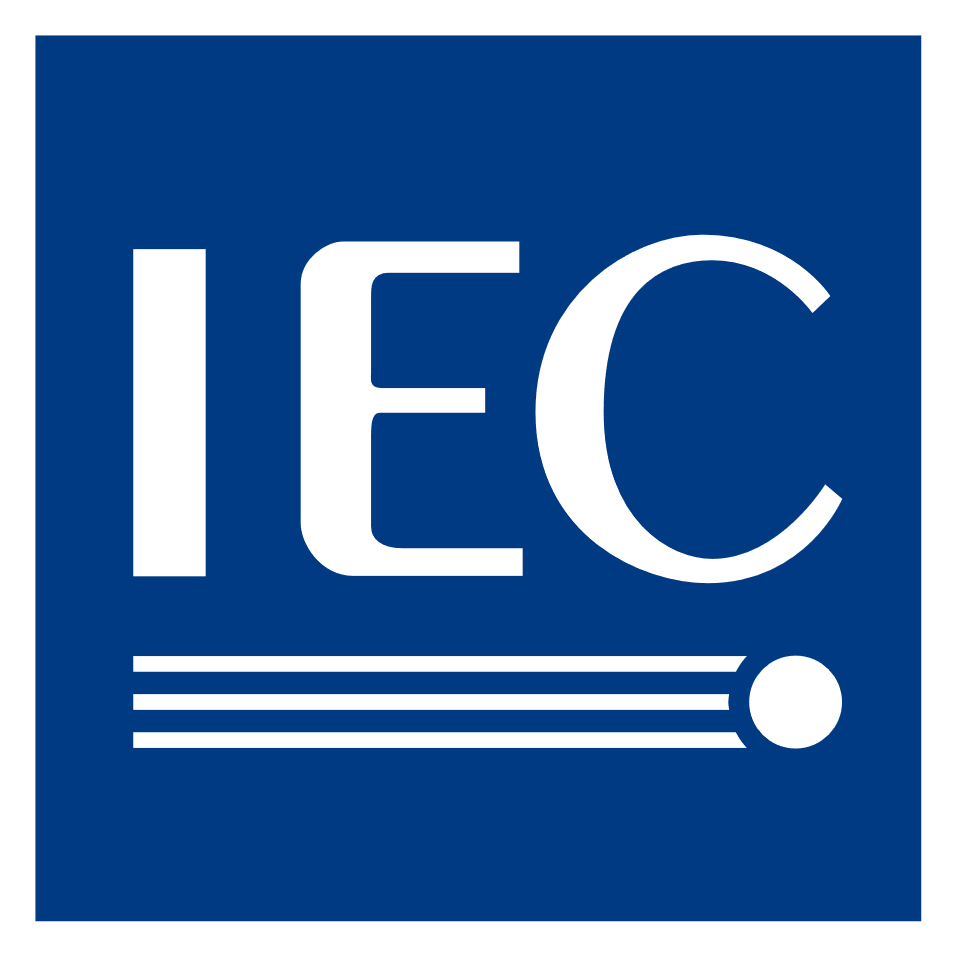Sustainable UPS: "Turn it green!"
In a world where resources are limited, we all need to consider the consequences of our actions, our choices and our work.
Hence our commitment to increasing the sustainability of our UPSs throughout their entire lifecycle, from the design, through the marketing and use phase, to the disposal phase, in order to reduce the environmental impact of the system as a whole.
Corporate Social Responsibility
Green management and sustainable supply chain: these concepts are part of Legrand's Corporate Social Responsibility, which is the company's commitment to drawing up a strategy and implementing it with practical actions aimed at socially responsible behaviour towards everything around it, such as people, things and environment.
CSR involves the management of human resources, the organization and division of labour and the management of natural resources. CSR aims to assess the impact that the company's actions and decisions have internally, but also externally, on the stakeholders and the environment.
BUSINESS ECOSYSTEM
Legrand interacts ethically with the whole ecosystem of its activities.
PEOPLE
Legrand engages with all of its employees and stakeholders.
ENVIRONMENT
Legrand intends to limit the Group's environmental impact.

Circular economy
We are committed to creating a system that involves all stakeholders to share values, objectives and actions in order to control and reduce the environmental impact of all our economic and production processes, reduce waste and environmental impact and transform what would once have been defined as «waste» into new resources.
Controlling these aspects has an impact on the entire life cycle of the product, starting from the design of new concepts and new specifications for the materials the UPS is made of; this is possible through responsible design and procurement processes (so-called «green procurement»), with a strong focus on research and the use of innovative materials from the circular economy and alternative raw materials. When a product ends its life, all these materials can become high value-added resources that can be used in other production cycles.

Digitalization
New information technologies allow us to reduce the use of several paper documents in favor of the digital format: in this way the information is always and everywhere accessible from a PC or smartphone and at the same time we can avoid the felling of many trees.
Digitization also becomes an important driver of the circular economy, since it allows the use of tools for performance data analysis and preventive diagnostics, both useful for optimizing the life cycle and durability of the product.

Efficiency
Our R&D team is constantly working on the development of increasingly efficient UPSs that allow high and incremental performance with minimum energy dissipation; with regard to CO2 emissions, we are implementing processes and products that represent an improvement in the percentage of carbon footprint compared to the past.
But efficiency is not only synonymous with high performance.
For us, efficiency also means ecodesign: this implies that the UPS is designed to be easily repaired, maintained and it’s easy to separate its components.
This means increasing the durability of our UPSs and the possibility of reusing and recycling them at the end of their life.

EPD/PEP
For each product family we draw up an EPD (Environmental Product Declaration) or PEP (Profil Environnemental Produit) in line with ISO 14025: it is a declaration that is a sort of environmental photograph of the product.
The EPD is drawn up according to the concept of Life Cycle Assessment: it examines the environmental impact of a product throughout its life cycle, from the development of product specifications to the choice of materials to be used and the end-of-life destination of the product itself.

EN 62040-4 certification
IEC 62040-4:2013 specifies the process and requirements for declaring the environmental aspects of uninterruptible power systems (UPSs), with the aim of promoting the reduction of any negative environmental impact during the complete life cycle of UPSs.
This product standard is harmonised with applicable generic and horizontal environmental standards and contains further details relating to UPSs.
See all EN 62040-4 certifications and PEP for Legrand UPSs